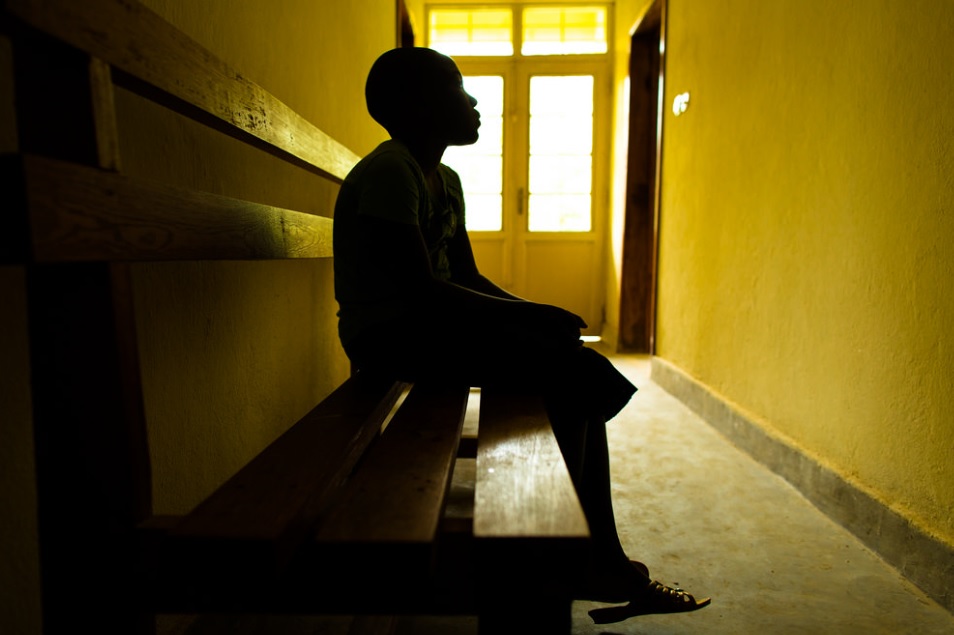African Educators Unite in Yaoundé to Tackle School Gender-Based Violence
“Educators are vital agents of change. You are the custodians of safe and nurturing learning spaces,” said Mrs. Simone Yankey, AU CIEFFA Coordinator, in her opening address.

In a powerful demonstration of continental solidarity and commitment to safe learning spaces, educators from over 20 African Union (AU) Member States have convened in Yaoundé, Cameroon, for a transformative four-day capacity-building workshop on School-Related Gender-Based Violence (SRGBV). The training, held from July 28 to 31, 2025, is being conducted under the theme: “Empowering Educators to End SRGBV through Teacher Leadership and Advocacy.”
The workshop aims to equip educators with practical tools to both prevent and respond to SRGBV, and to integrate these strategies into pre-service and in-service teacher training programmes, ensuring that the knowledge is cascaded throughout national education systems across the continent.
A Pan-African Commitment to Safe Schools
The event, organized by the African Union International Centre for Girls and Women’s Education in Africa (AU CIEFFA), in collaboration with UNESCO’s International Institute for Capacity Building in Africa (IICBA) and the Forum for African Women Educationalists (FAWE), is part of a broader effort to eliminate violence in schools—a persistent barrier to quality education, particularly for girls.
“Educators are vital agents of change. You are the custodians of safe and nurturing learning spaces,” said Mrs. Simone Yankey, AU CIEFFA Coordinator, in her opening address. “This training goes beyond prevention—it provides tools to ensure safety and offer psychosocial support to both learners and teachers.”
Global and Local Perspectives on SRGBV
According to UNICEF, 246 million children globally are victims of violence in and around school environments every year. In Africa, School-Related Gender-Based Violence remains a critical challenge, contributing to absenteeism, early dropouts, poor learning outcomes, and long-term psychological trauma, especially for girls.
Representing the Cameroonian government, Mr. Ndissara Philemon, General Inspector Coordinator for Teachers’ Training at the Ministry of Secondary Education, reaffirmed the country’s commitment to gender-responsive education policies.
“Cameroon continues to take concrete steps to ensure safe school environments. Training educators to detect, report, and address SRGBV is key to sustaining these efforts,” he said, welcoming delegates on behalf of the Minister of Education.
Champions of Girls’ Education and Advocacy
The workshop also served as a platform for sharing achievements and strategies from across the continent. H.E. Prof. Sarah Anyang Agbor, President of the Cameroon office of FAWE, highlighted the organization’s ongoing initiatives to reduce SRGBV and empower girls through education, including:
-
Gender-responsive pedagogy training for teachers
-
Community outreach and sensitization campaigns
-
Policy advocacy through FAWE’s national chapters
She noted that such initiatives have already had measurable impact in reducing gender disparities in education outcomes across several African countries.
Collective Responsibility and Sustainable Action
In a strong message of continental unity, Professor Jean Koulidiati, Rector of the Pan African University, emphasized that tackling SRGBV requires cross-sectoral cooperation and proactive leadership.
“If we all take responsibility and give violence prevention the priority it deserves, we can turn risks into opportunities for inclusive, equitable education,” he asserted.
Dr. Said Ould A. Voffal, representing UNESCO, reiterated the UN agency’s long-standing commitment to protecting learners—especially girls—from violence, discrimination, and exclusion.
Recognizing Cameroon’s Commitment
During the opening ceremony, Mrs. Simone Yankey presented an award trophy to Cameroonian authorities, celebrating the nation’s bold steps in launching the #AfricaEducatesHer Campaign. The campaign, an AU flagship initiative, encourages African governments and communities to re-enroll girls in school post-COVID-19 and build gender-inclusive education systems.
The award symbolizes Cameroon’s leadership in advancing girls’ education and its commitment to eliminating SRGBV at the policy and implementation levels.
Building Educator Capacity for the Long Term
Participants in the workshop are not only receiving training but are expected to become trainers-of-trainers within their own countries. The curriculum covers:
-
Understanding and identifying SRGBV
-
Designing learner-centered interventions
-
Creating referral and reporting pathways
-
Delivering trauma-informed psychosocial support
-
Advocating for institutional and policy-level changes
The goal is to create a multiplier effect, where trained educators replicate and mainstream these practices in schools, teacher training colleges, and local education authorities.
Looking Ahead: Transforming Schools Across Africa
This workshop reflects a continental shift toward building safe, inclusive, and gender-responsive learning environments—a prerequisite for achieving SDG 4 (Quality Education) and SDG 5 (Gender Equality).
With strong collaboration between governments, educators, civil society, and international organizations, Africa is setting the stage for sustainable transformation in education systems, where every child can learn free from fear, stigma, or violence.










